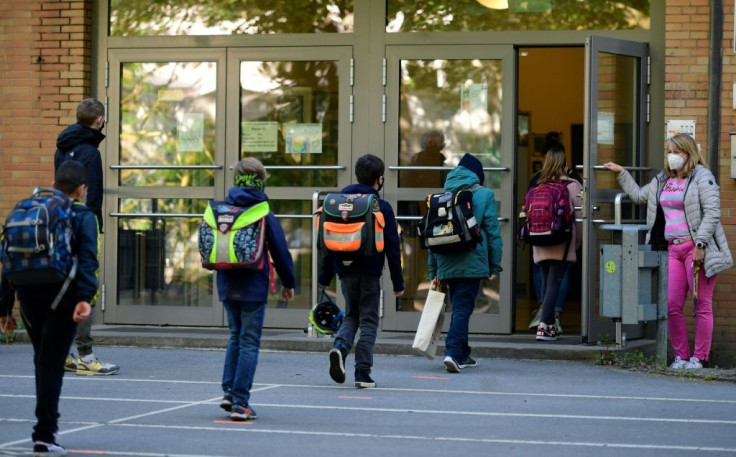Germany’s Economy May Be Slowly Recovering From Downturn Due To COVID-19, Central Bank Says

Germany’s economy may be slowly recovering from the impact of COVID-19, a real-time indicator from the country’s central bank says on Monday.
The Bundesbank’s Weekly Activity Index (WAI) stood at -2.7% from July 6-12, an improvement from the previous week’s reading of -3.5%. This indicates that economic activity in the 13 weeks up to July 12 was 2.7% lower than the preceding 13 weeks.
The WAI, which was introduced in May, measures data such as air traffic and electricity consumption. The German economy began to shut down due to the impact of the virus in mid-March, and slowly began to reopen in late April.
German GDP shrank by 2.2% in the first quarter of the year, and is expected to have contracted more sharply in the second quarter of 2020. German Economy Minister Peter Altmaier recently said the country’s economy would bounce back from COVID-19 starting in October.
Altmaier believes the economy could grow by over 5% in 2021. German GDP is expected to drop by 6% this year due to the virus.
Germany’s economy was already struggling in 2019, due to the impact of the U.S.-China trade war and the prospect of a no-deal Brexit. In the fourth quarter of 2019, German GDP recorded zero growth.
© Copyright IBTimes 2025. All rights reserved.





















